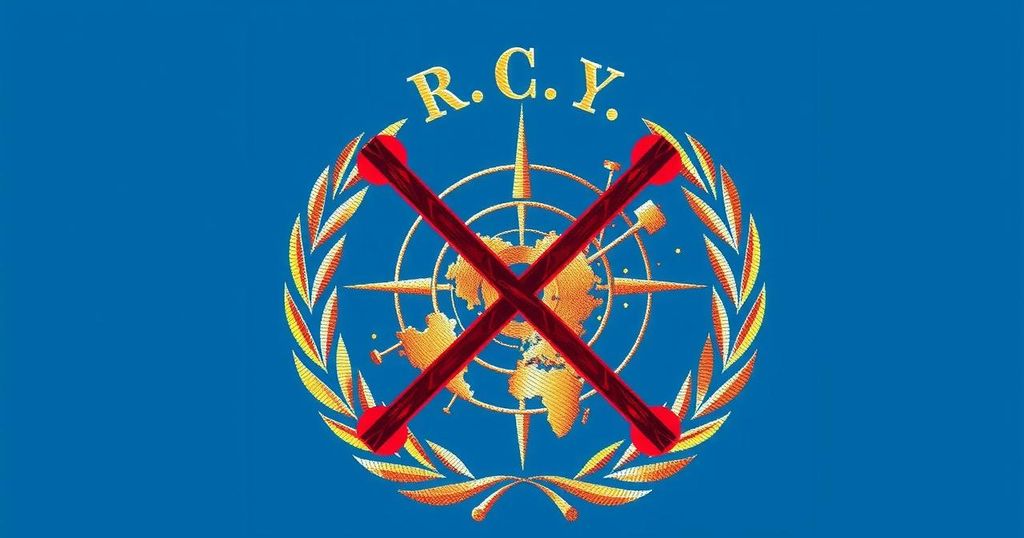Russia has vetoed a UN resolution aimed at securing a ceasefire in Sudan amidst ongoing conflict between two military factions. This decision has drawn sharp criticism from British officials, indicating deep divisions within the UN Security Council. Millions of civilians are affected in this humanitarian crisis marked by widespread violence and displacement.
On November 18, 2024, Russia exercised its veto power against a United Nations Security Council resolution aimed at halting hostilities in Sudan. The resolution, initiated by Britain and Sierra Leone, called for an immediate ceasefire between rival generals fighting since April 2023. British Foreign Secretary David Lammy denounced the veto as a “disgrace,” highlighting the detrimental impact of one nation obstructing unified council action. Significant humanitarian crises have escalated in Sudan, with millions displaced and widespread violence reported. The ongoing conflict remains exacerbated by international divisions among permanent Security Council members, limiting effective intervention strategies.
The conflict in Sudan has persisted since April 2023, primarily between General Abdel Fattah Al Burhan’s army and the paramilitary Rapid Support Forces, led by General Mohamed Hamdan Daglo. This military struggle, following a coup in 2021, has contributed to a dire humanitarian situation. UN responses have been hampered by political divides, notably between the United States and Russia, affecting the council’s ability to respond effectively to global crises such as this one. The recent veto reflects these complexities and the shifting allegiances within the council.
The Russian veto against the resolution calling for a ceasefire in Sudan underscores the complexities of international diplomacy within the UN Security Council. As civilian casualties and humanitarian crises escalate, the division among member states complicates efforts to achieve lasting peace. The call by British officials for unified action reflects growing frustrations concerning Russia’s influence and the urgent need for effective intervention in conflicts of significant humanitarian concern.
Original Source: www.jordantimes.com






